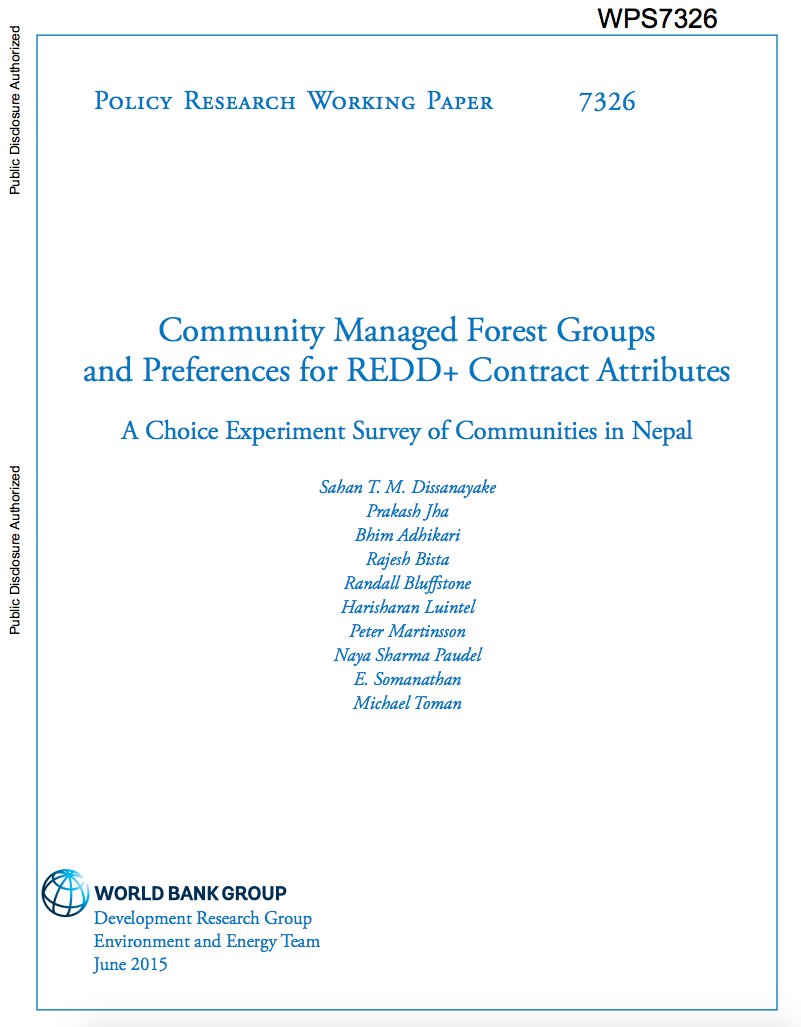Country Partnership Framework for the Republic of Costa Rica for the Period FY16-FY20
Costa Rica stands out for being one of
the most politically stable, progressive, and prosperous
nations in Latin America and the Caribbean (LAC). Political
stability and inclusive social policies have contributed to
solid growth rates and the modernization of the country. The
combination of political stability, the social compact and
steady growth, has resulted in one of the lowest poverty
rates in LAC. Costa Rica is also a global leader for its


